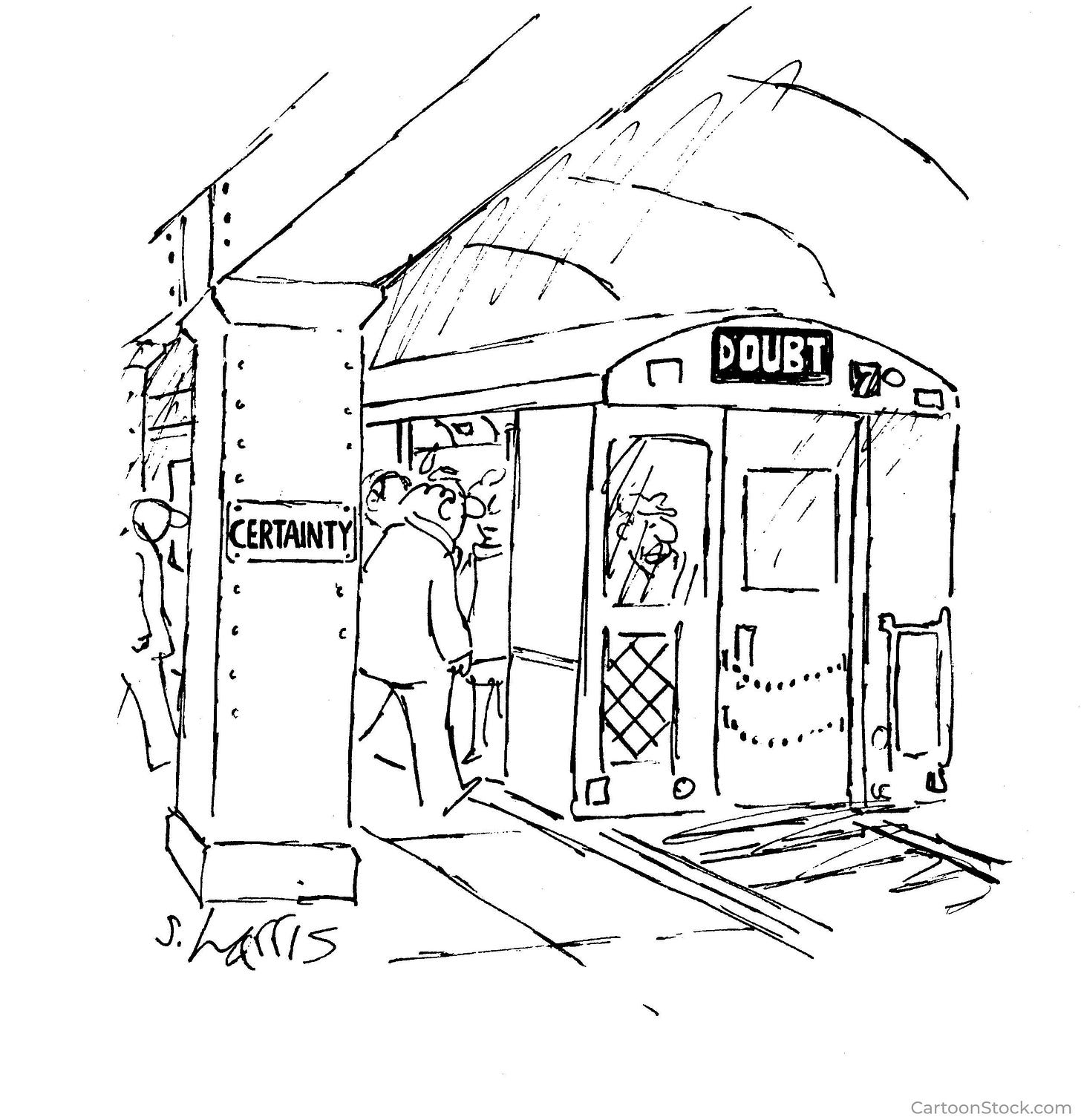“Taubes is a science journalist’s science journalist, who researches topics to the point of obsession—actually, well beyond that point—and never dumbs things down for readers.” —Scientific American
Welcome to my Substack, Uncertainty Principles,
I’m Gary Taubes, an investigative science and health journalist. I’m the author of five books about the very controversial science of nutrition, obesity and chronic disease and, ultimately, about the nature of a healthy diet: Rethinking Diabetes (2024), The Case for Keto (2020), The Case Against Sugar (2016), Why We Get Fat (2011), and Good Calories, Bad Calories (2007), which was published as The Diet Delusion in the U.K.
My two early books—Bad Science (1993) and Nobel Dreams (1987)—are about the nature of good and bad science in general, specifically about researchers who thought they had made Nobel Prize-worthy, if not paradigm-shattering discoveries, only to learn to their regret quite how wrong they were. Writing them taught me how extraordinarily difficult it is to get science right, to elucidate new and meaningful truths, and how dangerously easy it is to go astray.
In the early years of my career, I covered a wide range of scientific disciplines, writing primarily for Discover, then the journal Science and, as a freelancer, for the New York Times Magazine. Only in the mid-1990s did my focus shift first to public health and then nutrition and obesity-related subjects. My investigations in those subjects paralleled the experience of the early founders of the evidence-based medicine movement a decade earlier. To borrow a quote from David Eddy of Duke University, who was one of those founders, I learned that the guidance we were being given with such assurance by our medical and public health authorities “was not built on a bedrock of evidence or formal analysis, but was standing on Jell-O.”
As a result, my books and investigations have been challenges to the mainstream and conventional thinking in these fields. Over the course of my career, I’ve won numerous major science-writing awards, as well as a prestigious Robert Wood Johnson Foundation Independent Investigator Award in Health Policy Research. I’ve been singled-out by influential public health and medical authorities as one of the few journalists to make a significant contribution to science itself. And I’ve been criticized by influential public health and medical authorities who don’t appreciate my work and consider it misguided, if not dangerously so. While unanimity of opinion would be nice in this context, it doesn’t seem to go with the territory of investigative science and health journalism.
Sign up for Uncertainty Principles, and you’ll join a community of informed readers who want to navigate the complexities of the latest scientific, medical and health-related news with an appropriate level of skeptical inquiry.
Why the title?
Because a functional science, one that can establish reliable knowledge, is ultimately about confronting, minimizing, and openly acknowledging and discussing uncertainty and the unknown. How researchers do that, and how the media reports on their work, tells us an enormous amount about whether we should believe what they’re telling us, and about what constitutes the reliable knowledge we need to make informed decisions.
What to expect:
Subscribers will gain access to the newsletter, where I explore nutrition, health, and science from this critical perspective. Paying subscribers will support my work (always appreciated) and receive additional perks: early access to articles, exclusive content, and access to my full archive of published work.
Stay up-to-date
Never miss an update—every new post is sent directly to your email inbox. For a spam-free, ad-free reading experience, plus audio and community features, get the Substack app.



